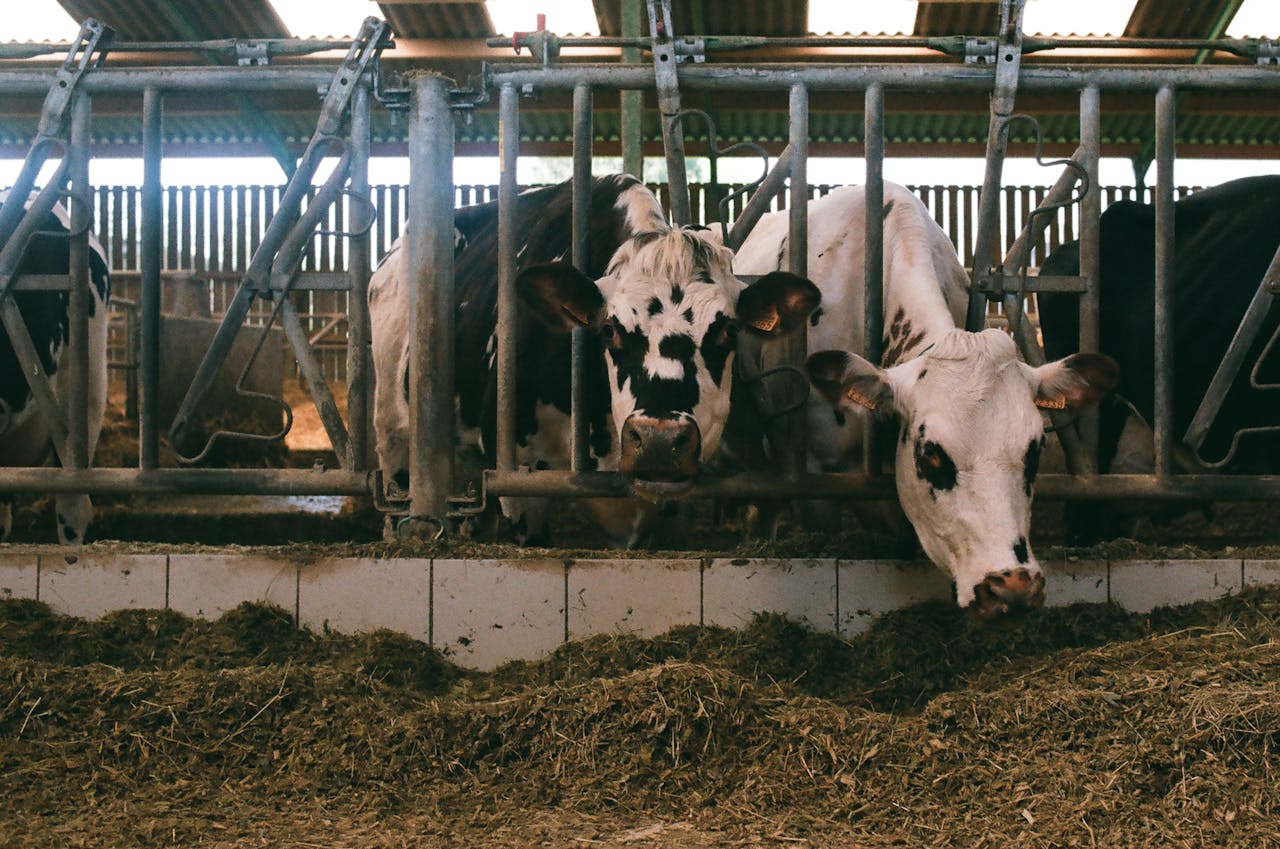A new University of Nottingham study found that meat-based pet foods have a significantly greater impact on the environment than plant-based alternatives.
Study finds plant-based pet foods greener
The study, led by Rebecca Brociek from the School of Veterinary Medicine and Science, and published in Frontiers in Nutrition – Nutrition and Sustainable Diets, showed that plant-based diets for pets had the lowest impact across all measures of environmental impact.
This included the land needed to produce them, greenhouse gas emissions, the polluting effects of production on soil and water reservoirs, and freshwater withdrawal.
Plant-based diets for pets had the lowest impact across all measures of environmental impact.”
Pet food’s global environmental cost
Pet food production contributes substantially to global environmental issues, driven largely by animal-derived ingredients.
Comparing 31 dog food types
In the study, experts quantified the environmental impact of 31 commercially available dry dog foods purchased in the UK, categorised as plant-based, red-meat based and veterinary-renal diets.
The environmental metrics were estimated using life cycle assessment datasets and adjusted for ingredient makeup, energy density and differences in moisture content, which were mostly taken from the dog food packaging.
Plant-based diets show lowest impact
The results showed that plant-based diets had the lowest impact across all measures of environmental impact. Poultry-based and veterinary diets were intermediate, while beef and lamb-based foods had substantially higher impact compared to all other foods.
For example, over nine years of adult life, a 20kg dog fed a beef-based diet was estimated to require 57 football fields worth of land to grow their food (versus 1.4 fields for plant-based).
Nutritional value remains comparable
This latest study comes after a previous study where the team showed that plant-based pet food sold in the UK provided similar nutrition to meat-based food.
Sustainable pet choices
Commenting on the findings, Rebecca Brociek, from the University’s School of Veterinary Medicine and Science, said: “Our findings show that there is a much greater environmental impact when producing meat-based pet food.
“We have already shown in our previous work that plant-based diets at the point of purchase are roughly equivalent to others. This next paper is a case study of 31 supermarket-available dog foods, giving dog owners who factor sustainability into their purchases, guidance on how to also reduce their environmental pawprint,” says Rebecca, the lead author on the study.


